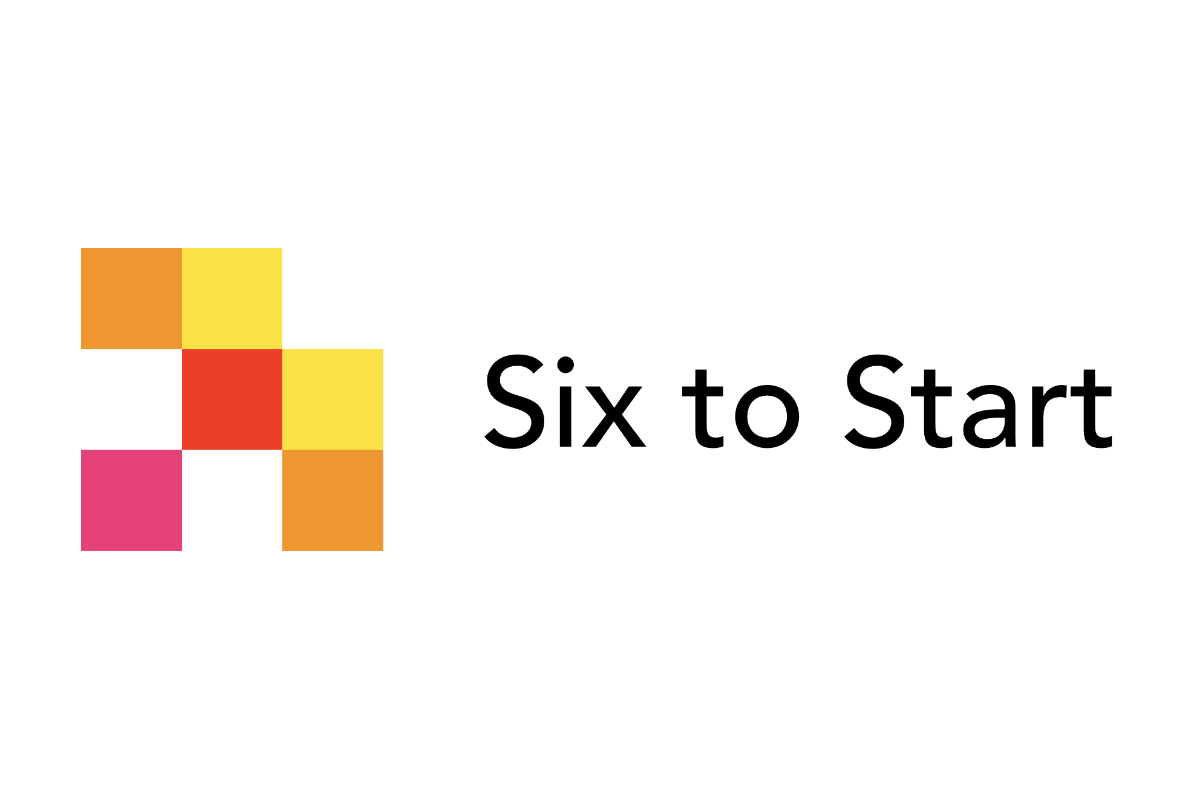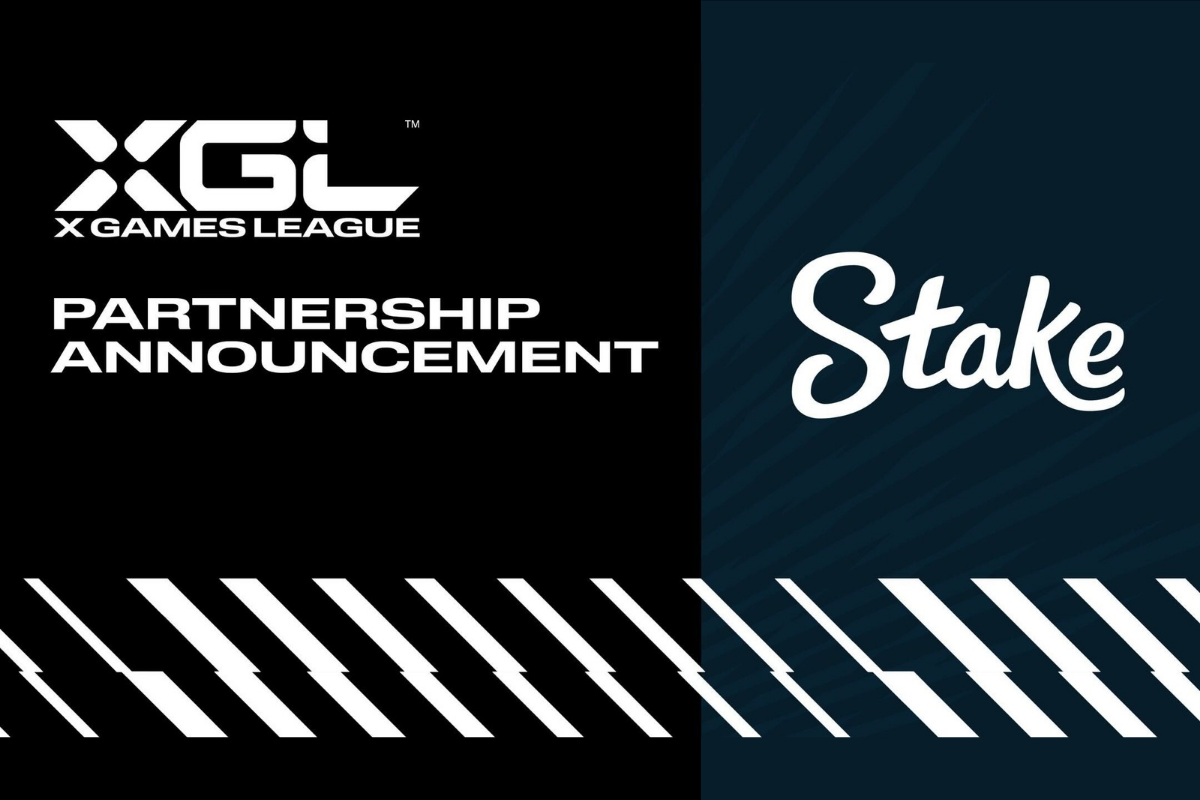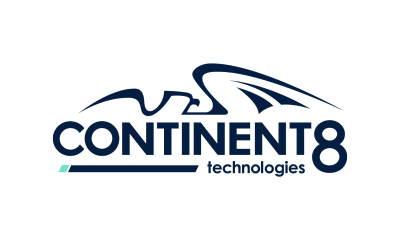Latest News
UK Gaming Company Six to Start Bought by Australian Listed Olivex in USD9.5m Deal

UK company Six to Start Limited (Six to Start) is pleased to announce that it is being acquired by OliveX Holdings Limited the digital health and fitness company. OliveX will acquire 100 per cent of the issued shares of Six to Start for an initial cash and share consideration equivalent to US$6,650,000 and deferred, performance-based, consideration in cash and shares of up to US$2,850,000.
Six to Start is an award-winning UK-based game developer and fitness technology company which creates immersive and motivating smartphone audio stories and gaming experiences including Zombies, Run!, The Walk, and Zombies, Run! 5k.
Zombies, Run! is the world’s leading gamified health and fitness app with an average 300,000 active users per month, approximately 50,000 paid subscription users, and a digital fitness platform with augmented reality capabilities that have been recognised as best in class. Multi award-winning novelist Naomi Alderman is the main author of Zombies, Run!
Six to Start’s gamification assets include intellectual property, content creation and distribution channels that are strategically important to OliveX as it continues to commercialise its KARA Smart Fitness mirror – an interactive mirror that updates with live and on-demand workout classes.
As part of the acquisition, Adrian Hon, CEO and founder of Six to Start will become Chief Innovation Officer at OliveX whilst continuing in his role as Executive Director of Six to Start, further driving its growth and the execution of the company’s innovation strategy.
Adrian Hon, CEO, Six to Start said: “Six to Start has built a strong business model and a huge subscriber base of loyal users for our apps including Zombies, Run! and our growth strategy is a perfect fit with OliveX. We’ve both created innovative, game-changing technology that, when combined, will really advance the future of digital fitness making the
OliveX suite of products and solutions truly world leading. I’m incredibly excited to join OliveX as Chief Innovation Officer, and I’m really looking forward to what lies ahead.”
In relation to the acquisition, Hong Kong based Keith Rumjahn, CEO, OliveX said:
“At OliveX we’re passionate about making fitness fun, and that’s exactly what Six to Start does. With average revenues per paid subscriber exceeding £25 a year, and with real growth potential, Six to Start will bring immediate value to OliveX. Most importantly though we see enormous benefit in their global, loyal, subscriber base and the team’s product design and monetisation expertise.”
Tim Cooke, Chairman, and Jo Goodson, Non Executive Director, Six to Start, said: “Adrian and his team have demonstrated the creativity and strength of the UK games industry with the globally recognised brand Zombies, Run!
“Six to Start’s story-driven games have proved incredibly popular during the pandemic-driven lockdowns now that health and fitness are on people’s minds more than ever. Post lockdowns, Six to Start will continue to help millions achieve their fun and fitness goals by combining immersive and engaging online experiences with the real world, alongside massive companies such as Zoom, which have shown how integral they have become to people’s lives.”
OliveX intends to undertake a capital raising to raise a minimum of A$6,000,000 (before costs) in the coming days which will fund its initial cash obligations under the acquisition and provide additional working capital. In addition, OliveX hold a meeting of shareholders in due course to obtain any necessary shareholder approvals (including in relation to the issue of shares and performance rights under the Acquisition).
Powered by WPeMatico
Amusnet
Week 4/2026 slot games releases

Here are this weeks latest slots releases compiled by Eastern European Gaming
Red Papaya, the vibrant flagship studio powered by Microgaming, has officially launched its latest blockbuster title: Nova Blast Ultra. Strapping players into a high-octane journey to the farthest reaches of the galaxy, this cosmic release blends high-end cinematic production with a suite of volatile mechanics.

XGENIA, the creator-first AI platform revolutionising game development, and Primero Games, a leader in retail and online gaming solutions, announced a landmark collaboration that brings to life Primero’s first AI-generated slot game: Blackbeard Bounty.



 has launched its 2026 roadmap with the fiery release of Cash Strike X-Cash. The latest addition to the globally renowned series refreshes gameplay with a newly introduced win multiplier and the chance to trigger a dual bonus.
has launched its 2026 roadmap with the fiery release of Cash Strike X-Cash. The latest addition to the globally renowned series refreshes gameplay with a newly introduced win multiplier and the chance to trigger a dual bonus.

Gaming Corps has launched Fins of Fortune, its newest video slot that includes two rival Wild characters, coin-based prize symbols, and various Free Spins features. Set in the dusky depths of the sea, Fins of Fortune centers its gameplay on the competition between the Shark and the Orca, as both animals emerge from the shadows in search of the ocean’s buried treasure.


 plunges into the depths for a mining-inspired journey in Gold Strike Express
plunges into the depths for a mining-inspired journey in Gold Strike Express , where players can boost their winning potential by unlocking two extra bonus features. The 5×3, 20 payline slot features a unique train-themed mechanism that offers three bonus paths aimed at enhancing retention and revenue outcomes.
, where players can boost their winning potential by unlocking two extra bonus features. The 5×3, 20 payline slot features a unique train-themed mechanism that offers three bonus paths aimed at enhancing retention and revenue outcomes.

 : Sarah’s Secret Power Combo
: Sarah’s Secret Power Combo , the newest installment in the enduring Immortal Romance
, the newest installment in the enduring Immortal Romance franchise.
franchise.
The post Week 4/2026 slot games releases appeared first on Eastern European Gaming | Global iGaming & Tech Intelligence Hub.
Games Global
Games Global and Stormcraft Studios extend the supernatural franchise with Immortal Romance: Sarah’s Secret Power Combo

 , Power Combo
, Power Combo , and Wild Desire
, and Wild Desire Purchase Feature unite in an exciting slot experience.
Purchase Feature unite in an exciting slot experience. : Sarah’s Secret Power Combo
: Sarah’s Secret Power Combo , the newest installment in the enduring Immortal Romance
, the newest installment in the enduring Immortal Romance franchise.
franchise. , launched in 2011, has maintained a consistent presence in regulated markets, celebrated for its gothic style and story-driven gameplay structure. Immortal Romance
, launched in 2011, has maintained a consistent presence in regulated markets, celebrated for its gothic style and story-driven gameplay structure. Immortal Romance : Sarah’s Secret Power Combo
: Sarah’s Secret Power Combo enhances that groundwork, progressing Sarah’s narrative while offering a contemporary, feature-rich slot.
enhances that groundwork, progressing Sarah’s narrative while offering a contemporary, feature-rich slot. Bonus. The Cash and Jackpot symbols secure their positions as the feature starts with three re-spins, resetting with every new symbol that appears, and filling all spots grants the Mega Jackpot.
Bonus. The Cash and Jackpot symbols secure their positions as the feature starts with three re-spins, resetting with every new symbol that appears, and filling all spots grants the Mega Jackpot. , revealing as many as 31 potential feature combinations. These combinations create different structures and payout dynamics, guaranteeing that no two bonuses unfold alike.
, revealing as many as 31 potential feature combinations. These combinations create different structures and payout dynamics, guaranteeing that no two bonuses unfold alike. Bonus with several modifiers already in effect, while the Twin Flames modifier may grant a double Link&Win
Bonus with several modifiers already in effect, while the Twin Flames modifier may grant a double Link&Win Bonus, with each round operating separately.
Bonus, with each round operating separately. Buy Feature makes a comeback as an optional enhancement. With a bet of 100x, the feature provides a solitary spin across 1,024 winning possibilities, during which as many as five reels can become fully Wild, presenting increased win potential of up to 10,000x.
Buy Feature makes a comeback as an optional enhancement. With a bet of 100x, the feature provides a solitary spin across 1,024 winning possibilities, during which as many as five reels can become fully Wild, presenting increased win potential of up to 10,000x.Immortal Romance : Sarah’s Secret Power Combo
: Sarah’s Secret Power Combo is a visually striking slot designed for operators seeking established IP, with the release further showcasing Games Global’s commitment to curating diverse, high-performing franchises for its partners.
is a visually striking slot designed for operators seeking established IP, with the release further showcasing Games Global’s commitment to curating diverse, high-performing franchises for its partners.
Terence Igesund, Executive Producer at Stormcraft Studios, said: “Immortal Romance : Sarah’s Secret Power Combo
: Sarah’s Secret Power Combo was created to move the Immortal Romance universe forward while staying true to what players love most about it. We focused on giving Sarah her defining moment, a personalised chapter so to speak. One that feels powerful and elevated, supported by gameplay that’s bold but cohesive. It’s a confident evolution of the brand and a clear signal of where the series is headed next.”
was created to move the Immortal Romance universe forward while staying true to what players love most about it. We focused on giving Sarah her defining moment, a personalised chapter so to speak. One that feels powerful and elevated, supported by gameplay that’s bold but cohesive. It’s a confident evolution of the brand and a clear signal of where the series is headed next.”
The post Games Global and Stormcraft Studios extend the supernatural franchise with Immortal Romance: Sarah’s Secret Power Combo appeared first on Eastern European Gaming | Global iGaming & Tech Intelligence Hub.
Latest News
X Games and Stake Announce Groundbreaking Global Partnership to Revolutionize Action Sports Betting

X Games, the undisputed cultural home of action sports, today announced a global partnership naming Stake as the exclusive online casino and sports betting partner of the X Games League (XGL). This historic collaboration marks a significant evolution for X Games as it prepares to launch the X Games League, integrating elite competition with next-generation fan engagement and sports wagering.
As the X Games continues to push the boundaries of progression, this partnership leverages Stake’s position as the world’s leading online casino and sports betting platform to reach a digitally native, global audience. Building on the foundation laid by official data provider Alt Sports Data, fans will now have unprecedented access to live odds and betting integrations on Stake and across the X Games ecosystem.
Key Partnership Highlights:
-
Official Status: Stake becomes the Exclusive Online Casino & Sports Betting Partner for the X Games League (XGL).
-
Integrated Betting Experience: Real-time odds provided by Alt Sports Data will be featured during broadcasts, offering fans a seamless way to engage with the competition.
-
Athlete Collaboration: A new Athlete Ambassador Fund will support top-tier X Games athletes in creating exclusive, co-branded content for the global community.
X Games livestreamed only on KICK
All four global XGL events each year, including the upcoming Winter Games in Aspen, will be live streamed on KICK, the exclusive home of livestreaming. This coverage also includes both the Summer and Winter XGL Drafts, giving fans access to every key moment throughout the season.
Executive Perspectives:
“Partnering with Stake is a monumental step in building the next generation of X Games. We are officially open for gaming and betting, providing our fans with the adrenaline-fueled engagement they crave. This isn’t just a sponsorship; it’s a strategic alignment that strengthens our business as we scale the X Games League globally. With the data expertise of Alt Sports Data and the reach of Stake, we are ready to redefine the fan experience starting right here in Aspen,” said Cherie Cohen, Chief Revenue Officer at X Games
“We’re excited to partner with X Games to explore new ways fans can engage with extreme sports. Our shared focus on innovation and entertainment makes this a natural collaboration. By bringing Stake’s advanced gaming technology to the X Games’ global audience, we’re creating experiences that reflect the intensity and energy that define elite extreme sports competition,” says Akhil Sarin, Chief Marketing Officer at Stake.
Looking Ahead
The partnership officially kicks off at X Games Aspen (January 23-25, 2026), followed by the Summer XGL Draft in March. As the X Games League continues its global expansion, Stake and Kick.com will remain at the forefront of the broadcast and digital experience.
The post X Games and Stake Announce Groundbreaking Global Partnership to Revolutionize Action Sports Betting appeared first on Americas iGaming & Sports Betting News.
-

 Latest News7 days ago
Latest News7 days agoSKIP THE QUEUE WITH THE MIDNITE SHUTTLE: MIDNITE TEAMS UP WITH SNOOKER LEGEND TO OFFER FANS A FREE SHUTTLE SERVICE FROM ALLY PALLY STATION
-

 Continent 8 Technologies7 days ago
Continent 8 Technologies7 days agoContinent 8 and CEO Michael Tobin claim number one spot in GamblingIQ’s global ‘Security 10’ rankings
-

 Cash Collect Mechanic7 days ago
Cash Collect Mechanic7 days agoRed Papaya Launches Nova Blast Ultra: A Cosmic Slot Adventure via Microgaming
-

 Latest News7 days ago
Latest News7 days agoWeek 3/2026 slot games releases
-

 AI4 days ago
AI4 days agoPrimero Games Uses XGENIA for Their First AI-Generated Slot Game
-

 Latest News7 days ago
Latest News7 days agoMoon partners share insights on marketing trends in 2026
-

 Africa7 days ago
Africa7 days agoLogifuture’s Simulate Forecasts Morocco AFCON Glory After 1,000 Final Simulations
-

 Barcelona7 days ago
Barcelona7 days agoPRAGMATIC PLAY TO SHOWCASE STAR-STUDDED 2026 LINEUP AT ICE BARCELONA



















